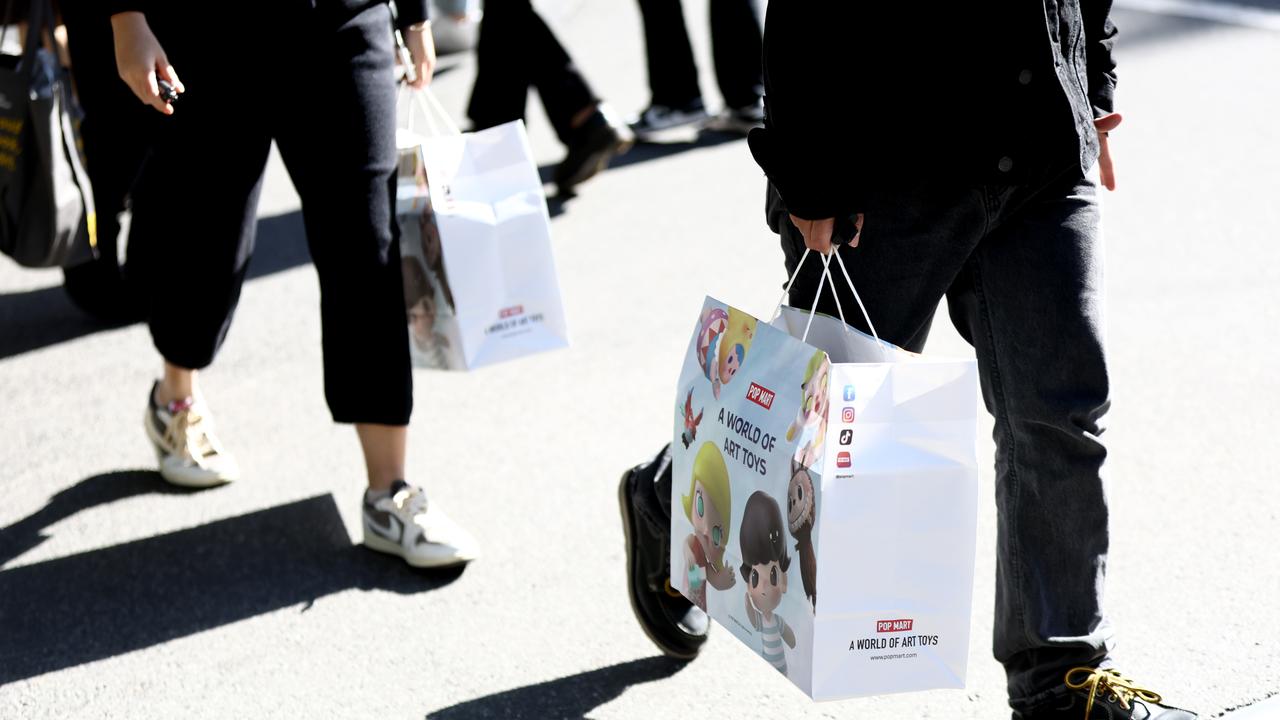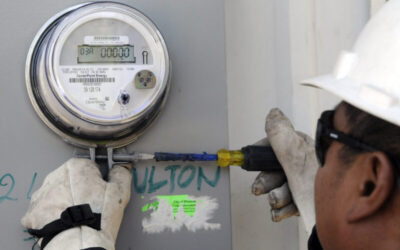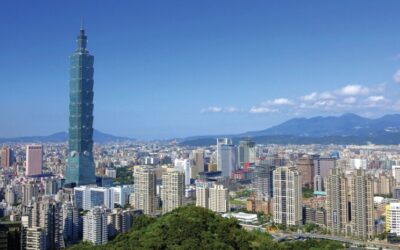Consumer confidence is improving, but Australians have been urged to temper their expectations after the treasurer noted the limits of a US-China trade truce.
Both nations have agreed to a 90-day tariff reduction, with the United States committing to dropping 145 per cent levies on China to 30 per cent and Beijing lowering its 125 per cent duties on American imports to 10 per cent.
Treasurer Jim Chalmers welcomed the development but noted many issues remained unresolved.
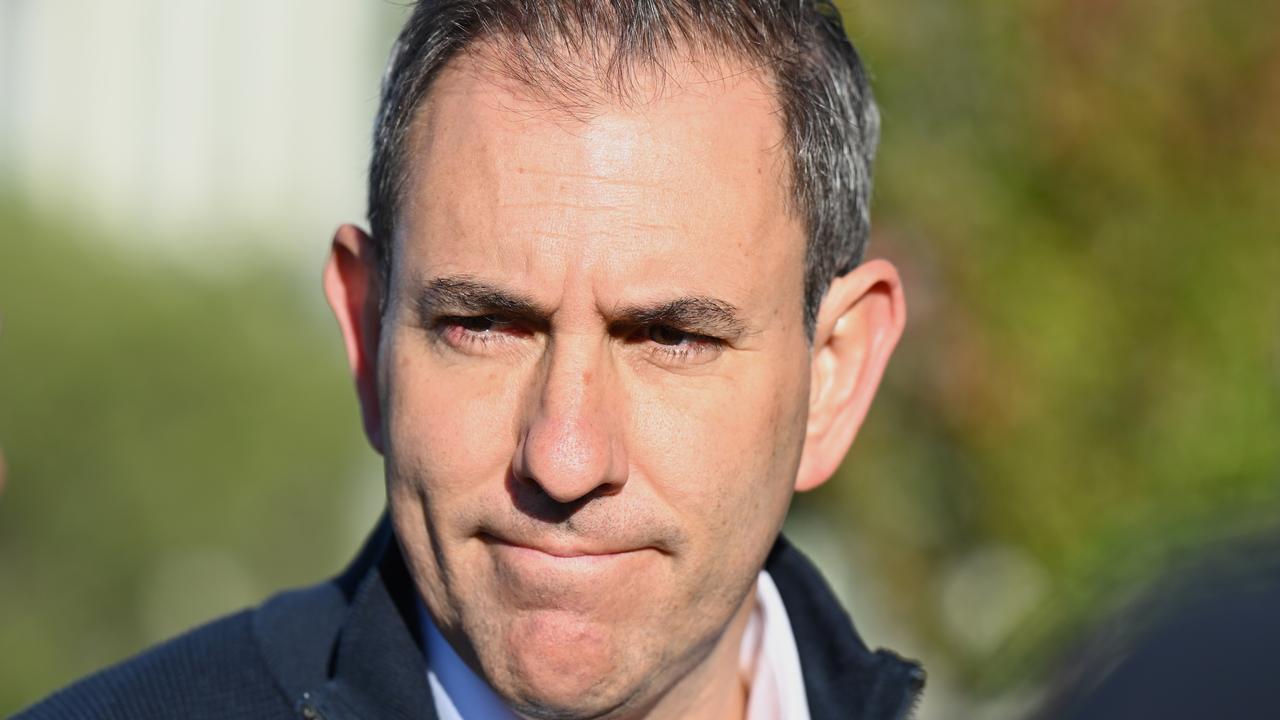
“Australia has got a lot to lose from a trade war between the US and China in particular, so we want to see these trade tensions de-escalated permanently, not temporarily,” he told ABC Radio on Tuesday.
“There’s a lot of uncertainty, unpredictability, and volatility in the global economy.”
However, consumer sentiment rebounded in May as markets recovered from the US ‘Liberation Day’ tariff announcement in April, according to the Westpac-Melbourne Institute index published on Tuesday.
“Consumer sentiment has recovered just over a third of last month’s tariff-related fall, buoyed by a rebound in financial markets and a clear-cut federal election result,” Westpac chief economist Matthew Hassan said.
The index rose 2.2 per cent in May to 92.1 points, from 90.1 in April.
“That said, the index is still 3.9 per cent below its March level and in ‘firmly pessimistic’ territory overall,” Mr Hassan said.
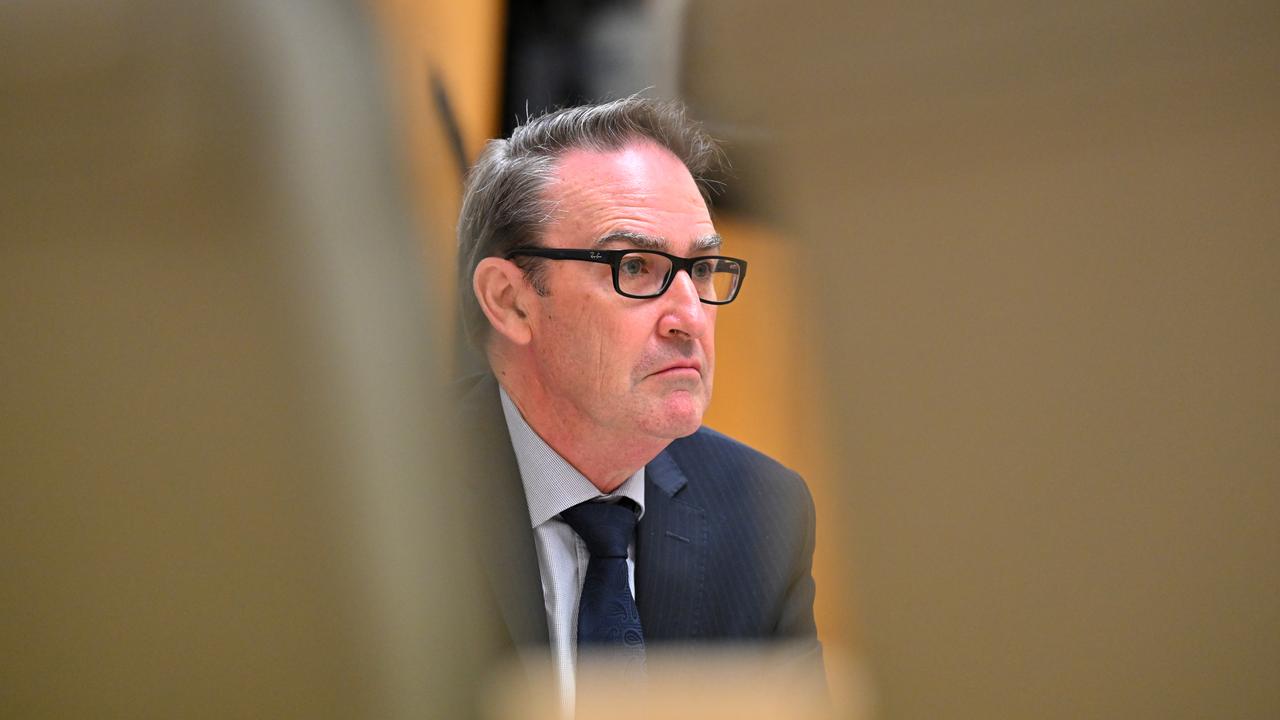
Treasury Secretary Steven Kennedy briefed Dr Chalmers on May 4 – the morning after Labor’s election victory – telling him that the global economy had deteriorated since President Donald Trump began his punitive tariffs regime on US trading partners in March.
He told the treasurer that while Australia had fairly strong economic fundamentals, it would not be immune from the trade conflict.
Australia was well-placed and well-prepared to deal with the fallout, Dr Chalmers said, but he acknowledged “we do have a lot of skin in the game”.
“We welcome the announcement … but we’re not getting carried away,” he said.
The US has imposed a 10 per cent baseline tariff on many Australian imported goods, as well as a 25 per cent tariff on steel and aluminium.
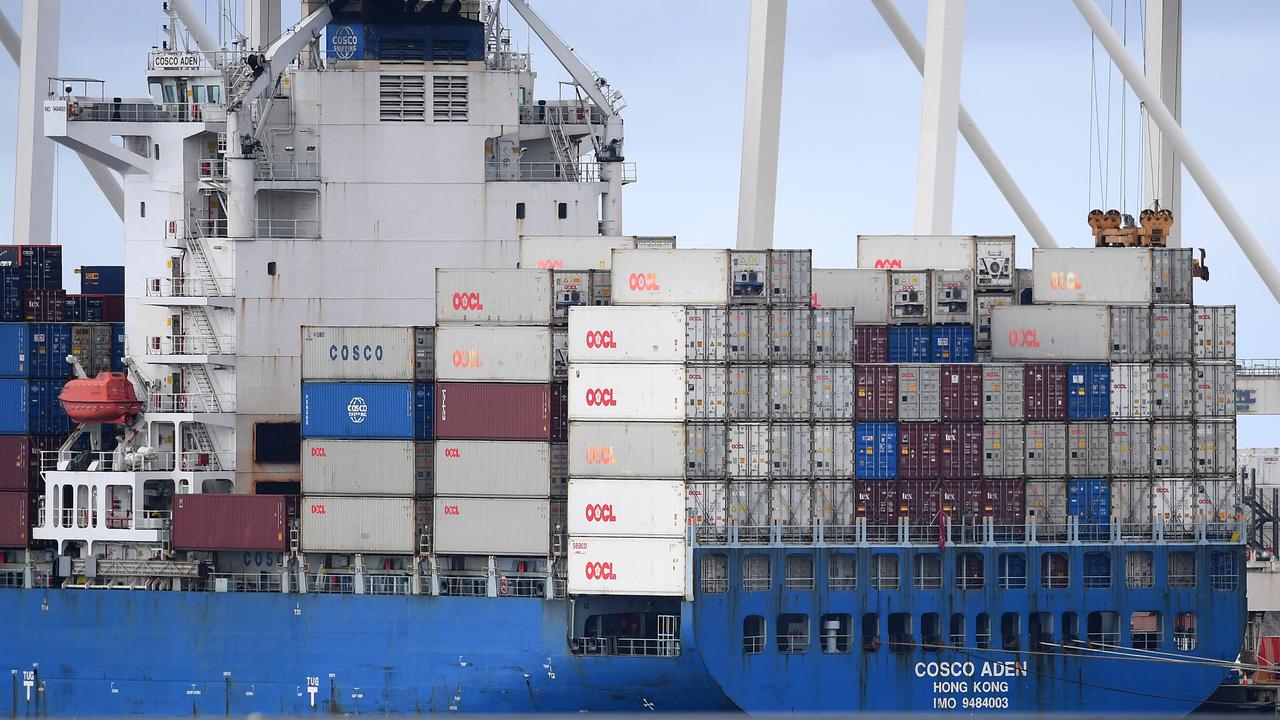
While the treasurer has not had contact with US Treasury Secretary Scott Bessent since the election, Dr Chalmers said there would be opportunities to engage with his counterpart.
Dr Chalmers also said Australia was entering “a period of global dislocation not seen since World War II”.
“Our people are still under pressure and the headwinds in the global economy are picking up at a rate of knots,” he said.
Wages and labour force data to be released this week might guide the Reserve Bank of Australia’s next interest rate decision on May 20.
Economists widely predict the RBA will shave another 0.25 per cent off the cash rate after announcing its first cut in more than four years in February.

Data released on April 30 revealed Australia’s headline inflation was at 2.4 per cent in the year to March, down from as high as 7.8 per cent in December 2022.
Dr Chalmers has often referred to Australia’s “soft landing” from those heights, pointing to the increased real wages and low unemployment achieved simultaneously to lowering inflation.
“This is an enviable position for our economy to be in – unique when we look around the world and compare ourselves to history, and defying the economic orthodoxy,” he said.
“We know the job isn’t finished and we know we will be faced with more global economic volatility and unpredictability over the next three years, not less.”
Australian Associated Press is the beating heart of Australian news. AAP is Australia’s only independent national newswire and has been delivering accurate, reliable and fast news content to the media industry, government and corporate sector for 85 years. We keep Australia informed.
